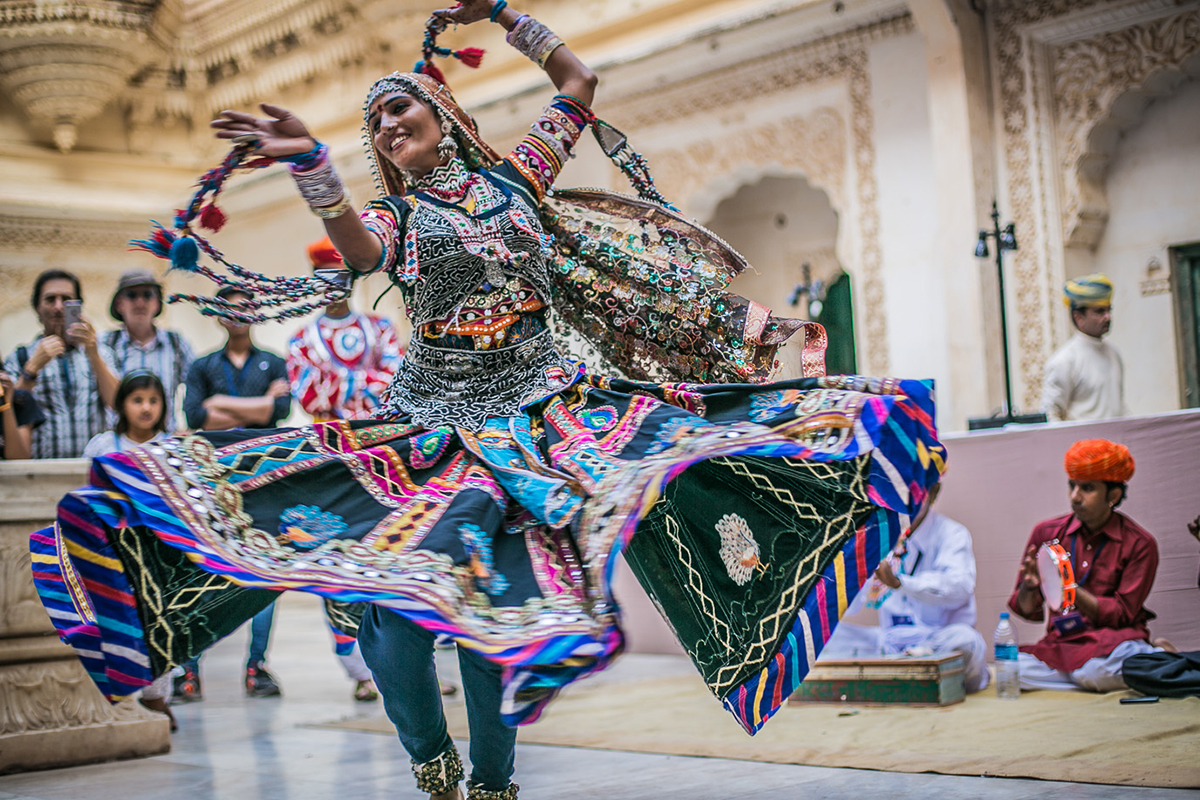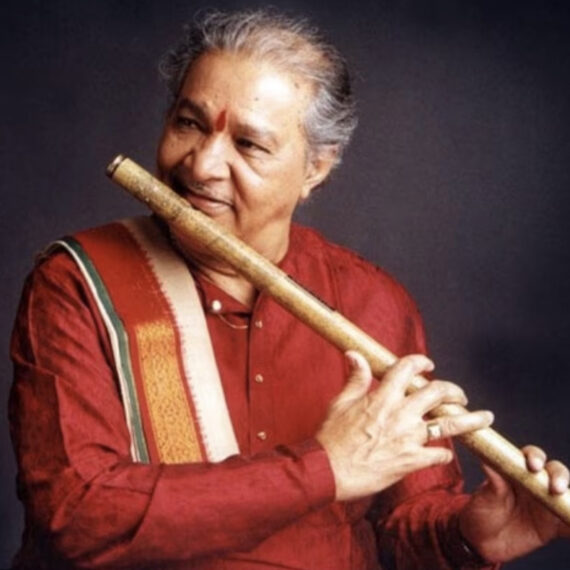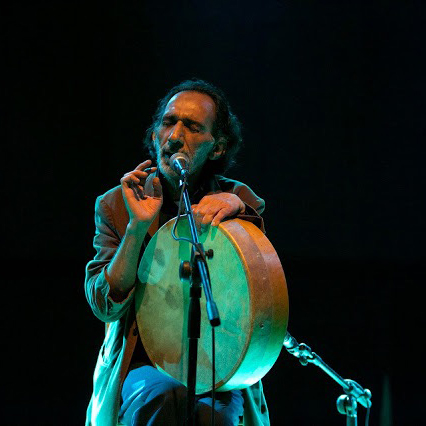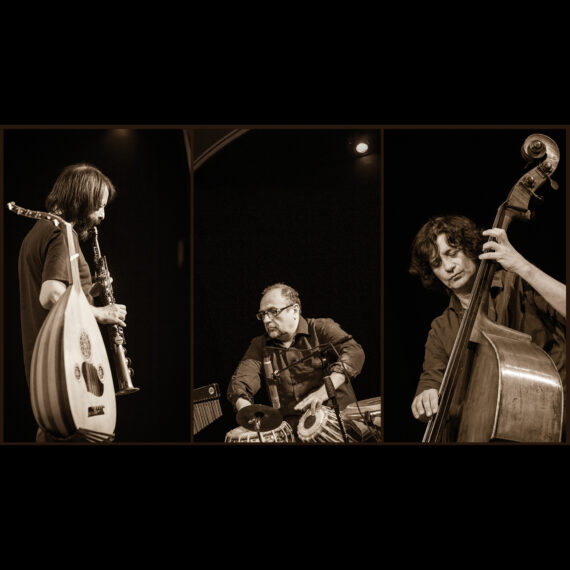Kalbeliya (Gitani, Rajasthan)

The Thar Desert in Rajasthan is one of the richest territories in India for traditional dances and music. In Rajasthan, traditional arts are deeply rooted in social life, forming a vibrant kaleidoscope representing the diverse ethnicities and castes coexisting in the region.
The Kalbeliya communities, of nomadic origins, have been known since ancient times as snake charmers. Men skilled in capturing and extracting snake venom without killing them still train and use snakes in their street performances. Expert players of the Poongi (aerophone instrument used to charm snakes) are also well-known storytellers, singing lively songs that narrate tales of popular life. The women in these communities are skilled in both singing and dancing.
In ancient times, women only danced during religious celebrations or social rituals like weddings. Dance is a fundamental part of their cultural celebrations and a manifestation of their extraordinary artistic talent. In recent decades, due to social changes resulting from increased contact with the West, women have begun to dance in festivals and stages worldwide, accompanied by traditional music groups.
Asha Sapera is an internationally acclaimed artist, the main dancer for various editions of the “Jodhpur Gipsy Festival” and “Riff Festival,” and has participated in numerous tours in the United States, Canada, and South Africa, dancing in major capitals around the world. A talented dancer and singer, she belongs to a Kalbeliya gypsy family of dancers and musicians from the city of Jodhpur. Her dance is considered “a true gift from God.” Dancing to the rhythmic beats of the Rajasthan desert, Asha releases energy and happiness through her smile and the swirling movements of her richly decorated garments, captivating the eyes and hearts of every viewer.
Nicolò Melocchi is an Italian musician dedicated to the study and promotion of Indian music. In his research, he was welcomed by an important master, Hariprasad Chaurasia, a legend of the bansuri flute, with whom he had the honor of studying for years and performing in various concerts in India and Europe. His focus is on Indian wind instruments, primarily the Bansuri, a bamboo transverse flute used in classical Indian music, as well as Rajasthan aerophones such as the Algoza, a unique double flute played with circular breathing, the Punghi (used by snake charmers), and the Morchang.
From a young age, Lom Nath has supported his large family by performing on stages across India, representing the culture of his caste worldwide. As a percussionist playing Tabla, Dholak, Kangiri, and Kartal, Lom Nath is the rhythmic force that can make any audience dance. Anwar Hussein possesses a beautiful voice and a charismatic stage presence. He interprets a vast repertoire of traditional Rajasthan music, Sufi, and Qawwali, and is a skilled player of the Morchang (Indian jaw harp) and Harmonium, used to accompany singing.



